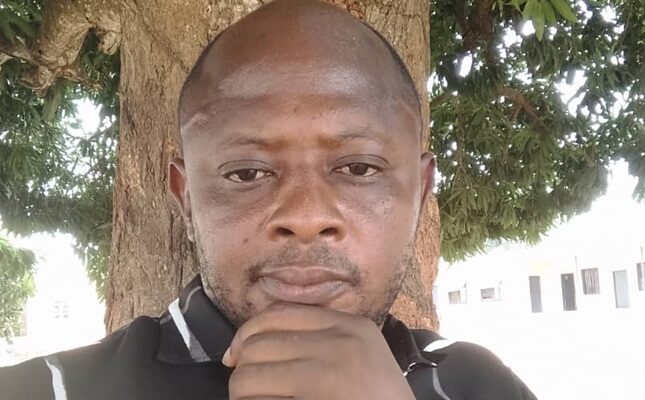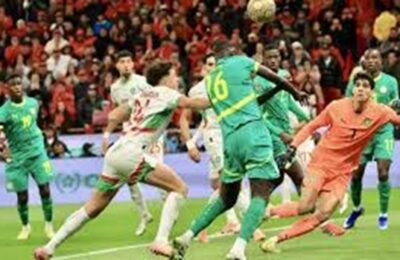The greatest betrayal of a nation’s future is not war, nor hunger, but the muting of its youth in the orchestra of power. In Nigeria today, the corridors of political authority resounds with the same names, same tribes, same traditions, and unfortunately, the same tragedies. While youths make up over 60% of Nigeria’s population, they remain largely observers in the theater of governance—used as campaign pawns, weaponized during elections, and dumped after the victory dance. Their aspirations are stifled by a cynical system designed to keep the old wine ever-present in cracked wineskins. The youth are not silent by choice; they are silenced by a generational barricade fortified with corruption, nepotism, and democratic hypocrisy.
This disenfranchisement, though clothed in constitutional legality, reeks of moral sabotage. Nigeria’s political system has become a museum of ancient ambitions, with recycled leaders parading as redeemers. Young people with innovative minds are left to tweet, facebook and watch instagram reels but not to lead; to campaign, but not to govern. “The problem with Nigeria is not the absence of ideas,” Chinua Achebe once declared, “but the unwillingness of those in power to accept ideas that come from others.” This unwillingness has now mutated into a calculated exclusion of youths through exorbitant nomination fees, manipulated primaries, and the illusion of political mentorship that only trains loyal errand boys, not leaders.
From Kogi to Kano, young political aspirants are often made to serve the vanity of godfathers. Those who dare to dream beyond the script are called arrogant, rebellious, or idealistic and might end up in jail. The average Nigerian youth must first survive police brutality, unemployment, academic strikes, and cyber profiling before even thinking about politics. It is easier for a camel to pass through the eye of a needle than for a youth to win a ticket without the endorsement of a local demigod. This systemic spiritual and socio-political bottleneck is more dangerous than military coups—it institutionalizes hopelessness. Like a father who locks the pantry while asking his hungry children to be content, the Nigerian state mocks its youth with the slogan “leaders of tomorrow,” while today remains eternally out of reach.
The psychological effect of this exclusion is visible in the political apathy now sweeping through the youth. The same generation that once drove the #EndSARS protest has been lulled into political coma by the failures of INEC, post-election violence, judicial contradictions, and media gaslighting. In a nation where ballots rarely count and guns often speak louder than votes, idealism fades quickly. Voting becomes a religious ritual—attended in faith but devoid of results. Like salt cast upon the ground, youth energy is wasted in a system that rewards sycophancy over sincerity, ethnic loyalty over national merit.
What is most painful is that Nigeria is hemorrhaging its greatest assets—young leaders with global minds and local hearts. In a world where Emmanuel Macron, Jacinda Ardern, and Gabriel Boric became heads of state before age 40, Nigerian youths are still seeking validation from ancestors in latest cars. And yet, the same elders who mock youth incompetence trust these same youths with everything—military warfare, entrepreneurship, music, and technology—except governance. It is like trusting a pilot to fly a jet but refusing him a car key because he is “too young.” The contradiction is criminal.
John Maxwell once noted, “A leader is one who knows the way, goes the way, and shows the way.” But how can one show the way if the door remains shut by a cabal obsessed with eternal control? The leadership question in Nigeria is not merely a generational one—it is a spiritual battle between Pharaohs who refuse to let go and Moses who refuse to die in the wilderness. Yet history has always favoured the Davids over the Sauls, the Josephs over the Potiphars. Nigeria cannot truly rise until her youth are not just visible in protests but visible in parliaments; not just loud on social media but loud in budget debates.
To ignore youth inclusion is to sign a covenant with chaos. To silence the vibrant, idealistic, and innovative minds of a nation is to poison its tomorrow with today’s complacency. If Nigeria must heal, she must allow her youth not only to run, but to reign. It is not just about age, but about vision. As Pastor Chris Oyakhilome once thundered, “If you want change, become it!” The youth are not the problem—they are the solution deferred, the prophecy delayed, the sunrise mocked by those who love the night. But the night will not last forever. Let the gates be opened. Let the Davids come.
– Inah Boniface Ocholi writes from Ayah – Igalamela/Odolu LGA, Kogi state.
08152094428 (SMS Only)




